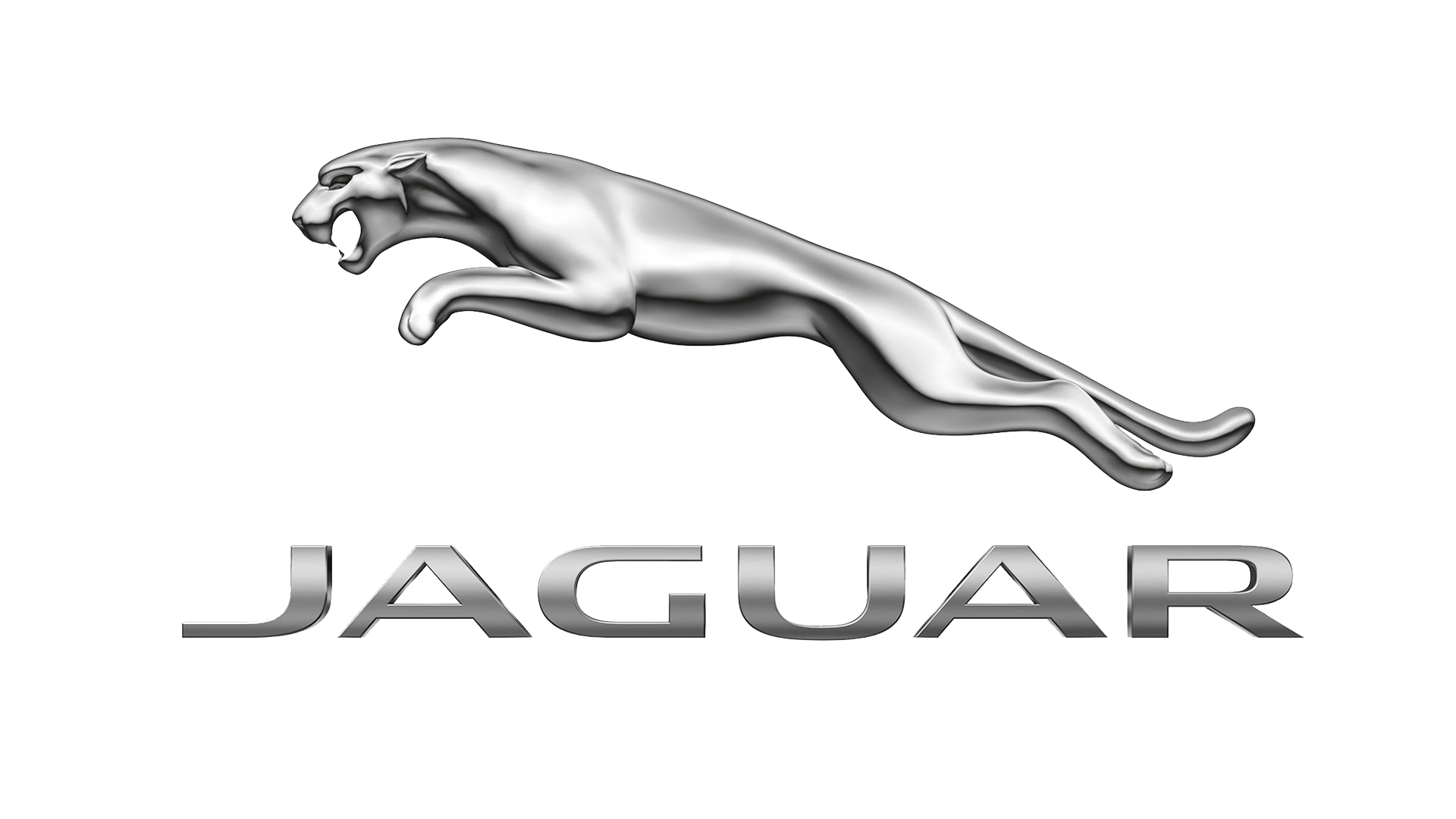Importing Japanese car to New Zealand has become super popular lately. Young drivers love Japanese cars because they are reliable and affordable. These cars also save money on fuel costs every week. The Japanese car market in New Zealand keeps growing each year. Students and first-time drivers find these cars perfect for daily use. Japanese vehicles offer amazing value compared to other options available.
Why Import Japanese Cars to New Zealand?
Importing Japanese car to New Zealand makes sense for many smart reasons. Here are the main benefits that attract young buyers:
Quality and Durability
Japanese cars are famous for lasting many years without problems. Companies like Toyota and Honda build cars that rarely break down. Most Japanese second-hand cars still run perfectly after 10-15 years. The build quality is much better than many other countries.
Cost-Effectiveness
Used Japanese cars cost much less than buying new locally. A good Toyota Corolla from Japan costs thousands less here. Young drivers can get premium features at budget-friendly prices. The savings help students afford insurance and registration fees too.
Wide Selection
Japan has hundreds of car models not sold in NZ. You can find unique designs and special editions easily. Top 10 Japanese used car exporters offer thousands of different vehicles. This variety lets you pick exactly what you want.
Longer Lifespan
Japanese cars often run for 300,000+ kilometers without major repairs. Regular maintenance keeps these vehicles running like new cars. Many families pass down Japanese cars to their children. The reliability saves money on expensive repair bills later.
Fuel Efficiency
Most Japanese cars use very little fuel per kilometer. Hybrid models like Toyota Aqua save even more money. Rising fuel prices make efficiency more important than ever. Students especially need cars that don't drain their budgets.
Japan remains the top source for reliable used vehicles. Most reliable Japanese car brands consistently rank highest in global surveys. Competitive prices make these imports extremely attractive to buyers.
Legal Requirements for Importing Japanese Cars to New Zealand
Importing Japanese car to New Zealand requires following several important rules. Understanding these requirements helps avoid costly mistakes and delays.
Vehicle Compliance Requirements
New Zealand has strict vehicle compliance rules for safety reasons. All imported cars must meet specific safety and emission standards. These rules protect drivers and reduce environmental pollution significantly.
Every imported vehicle needs a Warrant of Fitness (WOF) certificate. Emission standards ensure cars don't pollute the air badly. Safety features like airbags and seatbelts must work perfectly. Compliance testing happens at approved facilities across the country.
Importer Code
You need an official importer code to legally import vehicles. This code identifies you as a legitimate car importer. The New Zealand Transport Agency (NZTA) issues these special codes. Without this code, customs won't release your imported vehicle.
Getting an importer code involves filling out application forms. You must prove you understand import regulations and responsibilities. The process usually takes 2-3 weeks to complete successfully.
Import Permit
Some vehicles need special import permits before shipping begins. Permits ensure your chosen car meets NZ safety standards. Classic cars older than 20 years often need permits. The permit process can take several weeks to finish.
Apply for permits well before buying your chosen vehicle. This prevents delays and extra storage costs at ports. Some rare models might not qualify for permits.
Restrictions and Prohibited Models
Certain car models cannot be imported into New Zealand. Right-hand drive vehicles are generally required for safety reasons. Some high-performance cars don't meet emission standards here. The New Zealand Import Standards list all restricted models.
Check restriction lists before buying any Japanese vehicle. Prohibited models include some sports cars and modified vehicles. Environmental regulations block cars with excessive emissions too.
Top 10 Affordable Japanese Cars in New Zealand
Japanese vehicles dominate New Zealand roads because of reliability and efficiency. Here are the most popular affordable options for students:
|
Rank |
Car Model |
Price Range (NZD) |
Best Feature |
|
1 |
Suzuki Swift |
$5,000-$10,000 |
Perfect city car |
|
2 |
Toyota Corolla |
$2,500-$8,500 |
Ultra-reliable |
|
3 |
Nissan Note |
$7,990-$10,000 |
Spacious interior |
|
4 |
Mazda Axela |
$6,000-$12,000 |
Stylish design |
|
5 |
Honda Jazz |
$5,000-$9,000 |
Versatile seating |
|
6 |
Suzuki Alto |
$4,000-$7,000 |
Ultra-compact |
|
7 |
Toyota Aqua |
$8,000-$15,000 |
Hybrid efficiency |
|
8 |
Nissan Micra |
$3,000-$7,000 |
Easy parking |
|
9 |
Mitsubishi Mirage |
$5,000-$9,000 |
Low fuel costs |
|
10 |
Subaru Impreza |
$6,000-$12,000 |
All-wheel drive |
1. Suzuki Swift
The Swift offers perfect city driving with excellent fuel economy. Its compact size makes parking super easy everywhere. Young drivers love the sporty handling and reliable performance. Maintenance costs stay low throughout its lifetime too.
2. Toyota Corolla
Toyota vs Honda comparison shows Corolla leads in reliability rankings. This car rarely needs expensive repairs or replacements. Parts are cheap and available at most garages. Many driving instructors choose Corollas for teaching students.
3. Nissan Note
The Note provides surprising interior space for its size. Advanced features usually cost extra on other cars. Fuel efficiency rivals much smaller vehicles surprisingly well. The high seating position gives great visibility too.
4. Mazda Axela (Mazda3)
Mazda vs Toyota comparisons show Mazda excels in driving enjoyment. The Axela combines style with practical everyday usability. Strong resale values protect your investment over time. Premium interior features come standard on most models.
5. Honda Jazz
Jazz offers incredible interior flexibility with folding seats. The engine delivers excellent fuel economy consistently. Honda reliability means fewer unexpected repair bills. Storage space rivals much larger cars surprisingly.
6. Suzuki Alto
Alto represents the most affordable reliable car option. Running costs stay incredibly low every single month. The tiny engine sips fuel like a motorcycle. Perfect for students on very tight budgets.
7. Toyota Aqua
Hybrid technology saves huge amounts on fuel costs. Environmental benefits appeal to eco-conscious young drivers today. The Aqua combines efficiency with modern convenience features. Hybrid systems rarely need expensive maintenance or repairs.
8. Nissan Micra
Micra excels at urban driving and tight parking. Simple mechanical systems keep repair costs very low. The cheerful design appeals to younger car buyers. Fuel consumption stays minimal even in city traffic.
9. Mitsubishi Mirage
Mitsubishi vs Toyota shows Mirage offers great value pricing. Basic but reliable transport for budget-conscious students. Simple design means fewer things can break. Low purchase price leaves money for insurance costs.
10. Subaru Impreza
All-wheel drive provides safety in various weather conditions. Best cars for mountain driving often include Subaru models. The boxer engine delivers smooth reliable power. Great choice for adventurous young drivers exploring NZ.
Costs Involved in Importing Japanese Cars
Importing Japanese car to New Zealand involves several different cost categories. Understanding these expenses helps you budget properly beforehand.
Purchase Cost of the Car
Japanese auction prices vary depending on car condition. How much does a car cost in Japan explains pricing factors clearly. Popular models cost more at auctions than rare ones. Dealer prices include profit margins above auction costs.
Budget cars start around $1,000-$3,000 at Japanese auctions. Mid-range vehicles typically cost $3,000-$8,000 at sales. Premium models can reach $15,000+ depending on features. Age and mileage significantly affect the final price.
Shipping Fees
Container shipping costs $1,200-$2,000 per vehicle typically. Roll-on/roll-off shipping saves $200-$400 per car. Shipping time takes 2-4 weeks from Japan ports. Seasonal demand can increase shipping costs significantly too.
Shared containers reduce costs when importing multiple vehicles. Individual containers cost more but provide better protection. Weather delays sometimes extend shipping time beyond estimates.
Customs Duty and GST
Customs duty equals 5-10% of the car value. GST adds another 15% to the total import cost. These taxes apply to car plus shipping costs. Payment must happen before customs releases your vehicle.
Calculate total costs including duties before buying cars. Unexpected tax bills can strain student budgets badly. Some vehicle types qualify for reduced duty rates.
Compliance and Certification Fees
WOF inspections cost $200-$500 depending on requirements. Emission testing adds another $150-$300 to costs. Vehicle modifications can cost $500-$2,000+ if needed. Compliance plates cost around $100-$200 per vehicle.
Common problems after engine replacement might require additional certification work. Budget extra money for unexpected compliance issues always.
How to Import a Japanese Car to New Zealand (Step-by-Step Process)
Importing Japanese car to New Zealand follows a clear process. Following these steps ensures smooth importing without problems.
Choose a Reputable Japanese Car Dealer or Auction
Research dealers thoroughly before sending any money overseas. Read reviews from other New Zealand importers carefully. Verify dealer registration and business licenses in Japan. Best first JDM cars guides help choose suitable models.
Ask for detailed photos and inspection reports always. Honest dealers provide comprehensive vehicle history information too. Avoid dealers who pressure you into quick decisions.
Shipping and Documentation Process
Arrange shipping through the dealer or independently. Bill of Lading documents prove ownership during transport. Export certificates from Japan must accompany your vehicle. Insurance coverage protects against shipping damage or loss.
Track your vehicle progress during the shipping journey. Prepare all required paperwork before the ship arrives. Missing documents delay customs clearance significantly sometimes.
Customs and Compliance Process
Pay all duties and taxes before customs releases vehicles. Submit compliance applications to approved testing facilities quickly. Vehicle inspections check safety and emission standards thoroughly. Failed inspections require expensive modifications or re-export.
Allow 2-4 weeks for complete compliance processing time. Some modifications take longer if parts need ordering. Keep all receipts for warranty and insurance purposes.
Registration and Roadworthiness
Register your vehicle with NZTA after compliance completion. Obtain WOF certificate from approved testing stations nearby. Purchase appropriate insurance before driving on public roads. Display number plates according to legal requirements always.
First registration requires original import documents and certificates. Keep copies of all paperwork in safe places. Annual WOF renewals ensure ongoing roadworthiness and safety.
Things to Consider Before Importing a Japanese Car
Importing Japanese car to New Zealand requires careful consideration beforehand. These factors affect your ownership experience significantly.
Vehicle Condition
Assess car condition honestly before purchasing from Japan. Japanese inspection systems (Shaken) maintain high vehicle standards. However, some wear items might need replacement soon. Salt air in Japan can cause hidden corrosion.
Request professional inspections for expensive vehicle purchases always. Photos don't always show mechanical problems clearly enough. Age affects rubber parts regardless of mileage driven.
Future Maintenance and Repairs
Japanese car parts are usually available in NZ. However, some specialized components need importing from Japan. Toyota Rush and other models have good parts availability. Rare models might have expensive parts sourcing.
Find local mechanics experienced with Japanese vehicle brands. Some European specialists won't work on Japanese cars. Regular maintenance prevents expensive repairs later on significantly.
Environmental Impact
Hyundai vs Honda emissions comparisons show environmental differences clearly. Older vehicles produce more pollution than newer ones. New Zealand increasingly restricts high-emission vehicle imports.
Consider hybrid vehicles for lower environmental impact overall. Future regulations might affect older vehicle registration renewals. Electric vehicles represent the most environmentally friendly option.
Frequently Asked Questions (FAQs) About Importing Japanese Cars
How long does the import process take?
The complete process usually takes 6-12 weeks total time. Shipping alone requires 2-4 weeks from Japan ports. Compliance testing adds another 2-4 weeks processing time. Delays happen during busy shipping seasons sometimes.
Can I import a car older than 20 years?
Yes, but top 25 best classic Japanese cars need special permits. Classic vehicle permits have different requirements entirely. Some very old cars don't meet safety standards. Historic vehicle registration offers alternative compliance paths.
What happens if my car doesn't meet NZ standards?
Failed vehicles need modifications or complete re-export overseas. Modification costs can exceed the car value sometimes. Some vehicles cannot be modified to meet standards. Choose compliant vehicles to avoid expensive problems later.
Is it worth importing a car from Japan?
For most buyers, importing saves significant money overall. Quality Japanese vehicles offer excellent long-term value. However, add all costs including compliance fees. Toyota Fielder in 2023 shows typical import savings clearly.
Conclusion: Is Importing a Japanese Car Right for You?
Importing Japanese car to New Zealand offers great value for money. Young drivers get reliable transport at affordable prices. However, the process requires patience and careful planning. Budget all costs including unexpected compliance expenses always.
Consider your mechanical knowledge and local support options. Japanese cars generally provide excellent ownership experiences here. Research thoroughly before making final purchasing decisions today. Visit Next Drive for expert guidance throughout the process.





























